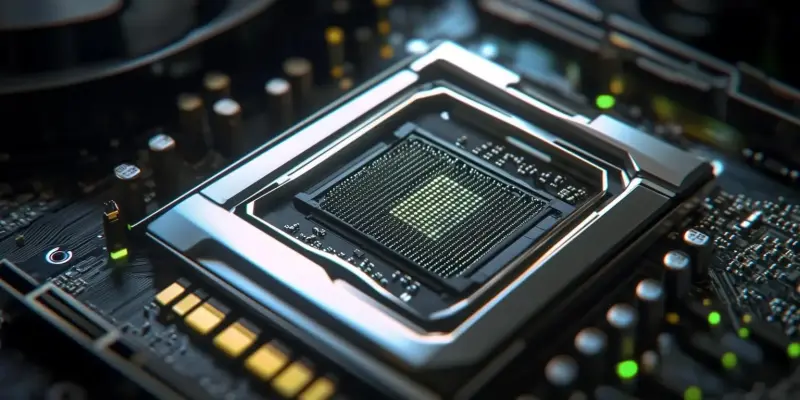The anticipated release of NVIDIA’s flagship gaming GPUs, the GeForce RTX 5090 and RTX 5080, has generated significant buzz and speculation among gaming enthusiasts and tech experts alike. One of the primary concerns revolves around pricing details leaked from a German retailer indicating steep prices for these high-end models. According to the available information, the Acer Predator Orion 7000 desktop, which includes the RTX 5090 paired with an Intel Core Ultra 7 265K processor, is priced at approximately €4,699 (~$4900) including VAT, which translates to around $4080 in the North American market excluding VAT. In contrast, the version housing the RTX 5080 is priced at about €3,499 (~$3650), or approximately $3040 excluding VAT in North America. This significant price differential prompts an important question: are these high prices truly justified?
A Closer Look at Value and Performance
Examining the price differences between the RTX 5090 and RTX 5080 configurations requires closer scrutiny. The final MSRP for these GPUs is still unknown, but current estimates suggest a price gap between $1040 and $1250. The RTX 5090 is expected to be priced higher, likely due to its superior performance compared to the RTX 5080. Historical data from previous models like the RTX 4090 and 4080 show that performance and technological advancements have contributed to higher costs, suggesting the same might be true for the new models.
Another key factor is the technological innovation inherent in these GPUs. NVIDIA’s Blackwell gaming GPUs promise to deliver significantly enhanced gaming experiences. The enthusiast market has a history of paying premium prices for top-tier products that offer substantial performance gains, indicating these high prices may be justifiable for hardcore gamers seeking unmatched graphics and performance. Although the initial costs appear steep, the performance per dollar might be more attractive upon the official release and subsequent benchmarking.
Patience is crucial until CES 2025, when NVIDIA will release detailed information, including official pricing. This event will provide a clearer picture of the innovation and performance these GPUs offer and whether they justify their high costs. Until then, speculations are based on market predictions and historical trends, leaning towards a higher price bracket for these next-generation GPUs. Ultimately, the true value will be determined post-launch through tangible performance metrics and practical evaluations.

